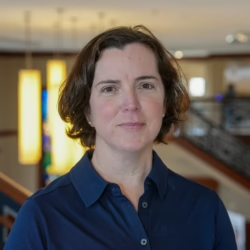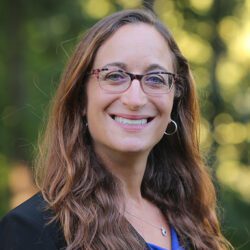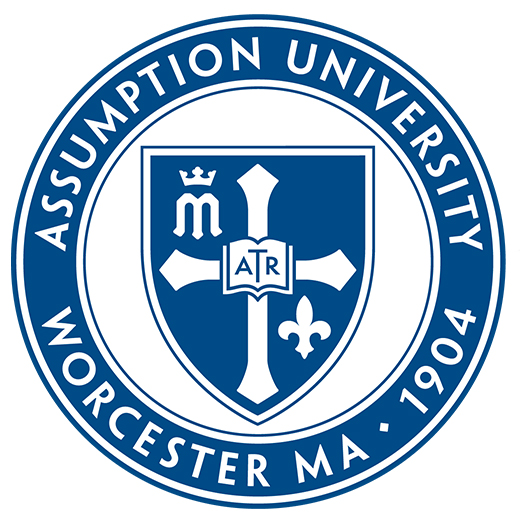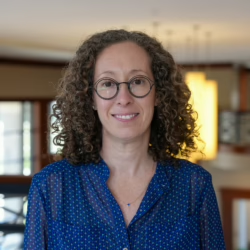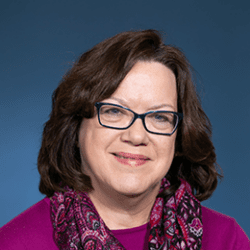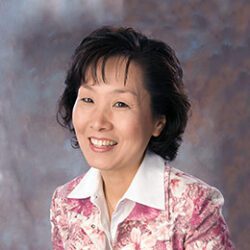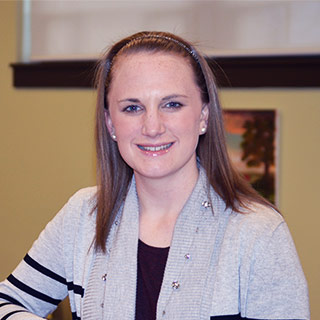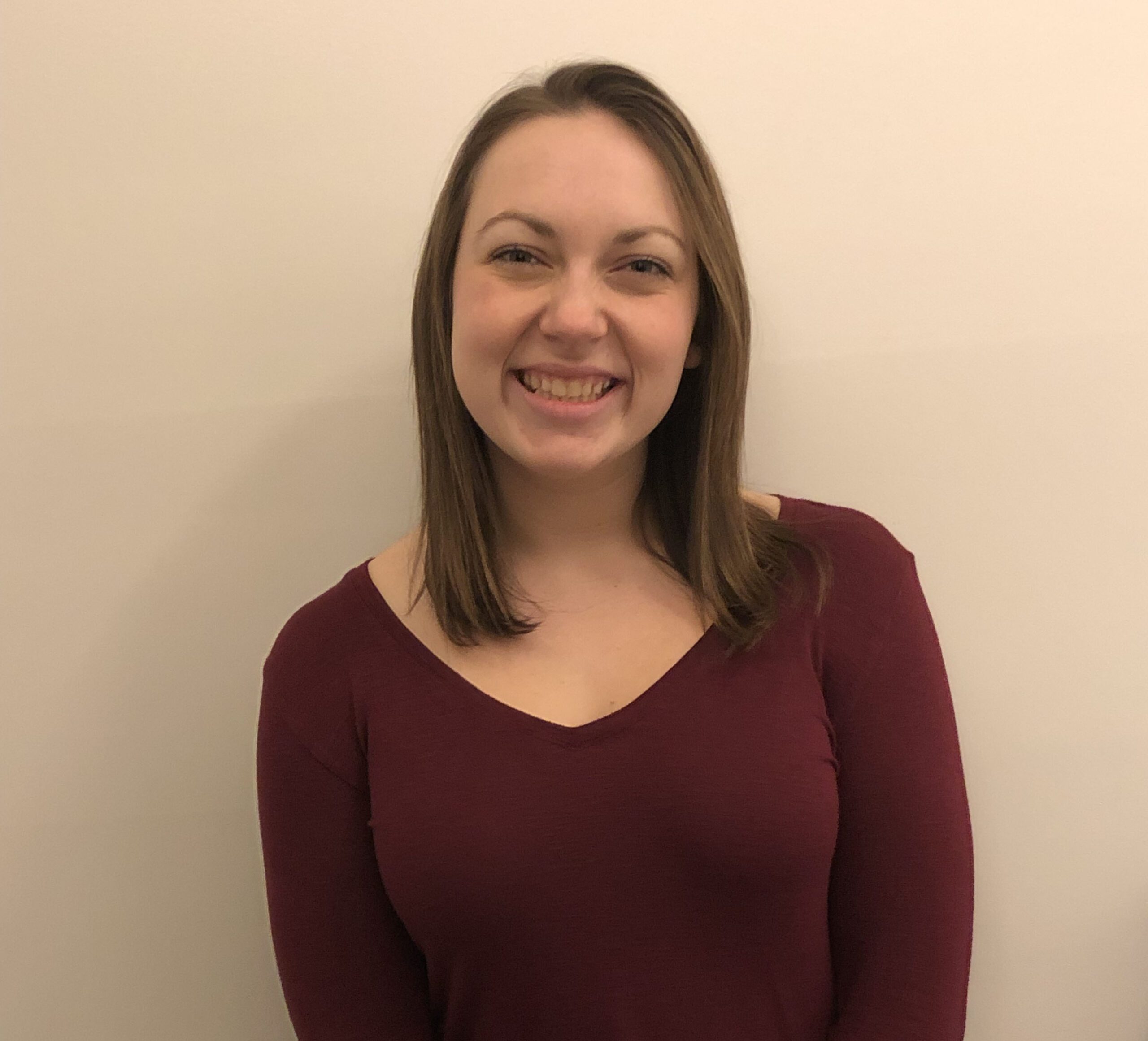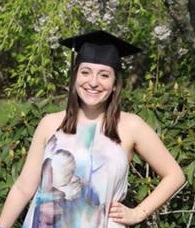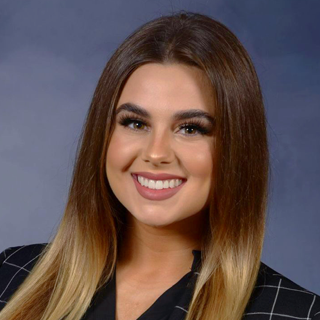Why Study Education?
Great teachers are always in demand. Teaching is a rewarding career and the Assumption faculty is dedicated to helping you chart your path to becoming an educator. Assumption’s education program gives you the opportunity to master two disciplines – teaching and a specific content area – helping you to stand out as a highly respected professional in the field of education.
Graduates from our program earn a double major and a Massachusetts Initial Teaching License. Your coursework, fieldwork, and student teaching are designed to prepare you for success in your own classroom. The education department offers intensive and ongoing advising for students within the program to familiarize them with the requirements of the education major, as well as current regulations for teacher licensure.
Why Study Education at Assumption?
Assumption is one of only three schools in Massachusetts to be “Approved with Distinction” by the Massachusetts Department of Elementary and Secondary Education.
The education courses you will take in pursuit of a teaching degree will include multiple opportunities to engage in Worcester-area classrooms, starting in your first year and culminating in full-time student teaching. Ongoing collaboration with teachers in local public and private schools allows the University to offer a program that is informed by innovative, current research and explores emerging best practices for effective classroom instruction.
Becoming an Effective Educator
Assumption University offers the following state approved teacher preparation programs for the Massachusetts Initial license in the following areas:
- Elementary [grades 1–6]
- Biology [grades 8–12]
- Chemistry [grades 8–12]
- English [grades 5–12]
- General Science [grades 5–8]
- History [grades 5–12]
- Mathematics [grades 5–8 or 8–12]
- Spanish [grades 5–12]
For undergraduate students interested in Special Education, the Education Department offers a special five-year program enabling a student to complete both a Bachelor of Arts degree in a liberal arts or science and the Master of Arts degree in Special Education. Students who successfully complete the program will be eligible for a Massachusetts Initial license as an elementary, middle, or secondary teacher as well as a Massachusetts Initial license as a Teacher of Students with Moderate Disabilities [grades PreK-8 or 5–12].
Learn about Assumption University’s Mathematics Academy Leadership in Teaching Program.
Samantha Goldman, Ph.D.
Faculty
Experiential Learning
Learn the Skills Employers Seek
Pre-Practicum: Field-Based Experiences
All teacher candidates complete multiple pre-practicum embedded within coursework. Through early exposure to best practices, Assumption’s licensure candidates become better aware of the intricacies associated with teaching in urban and suburban school districts. Required pre-practicum not only span the ages/grades covered by the candidate’s license, but also occur in a variety of settings and include students with special needs and English Language Learners. Elementary and Secondary teacher candidates are granted opportunities to complete 75 hours of observation, practice teaching methods, and reflect upon sustained, authentic feedback from practitioners and methods professors. Field experiences are designed to support students in seeing the connections between theory and practice, and prepare licensure candidates to work with students from diverse backgrounds as well as in high-need areas. Students work with the field-placement coordinator to determine appropriate pre-practicum and practicum experiences and to ensure successful matches to supervising practitioners in the field. Assumption currently partners with:- Worcester Public Schools
- Wachusett Regional School District
- Hudson Public Schools
- Auburn Public Schools
- Shrewsbury Public Schools
- Grafton Public Schools
- West Boylston Public Schools
- Algonquin Regional High School
- Westboro High School
Internships
Assumption starts planning for your future the day you arrive on campus. The Denecker Career Development & Internship Center helps students secure exciting and fulfilling internships where you’ll apply knowledge obtained in the classroom in a professional setting, preparing for a future career or additional study. Assumption connects students to internship opportunities in corporations, government agencies, research hospitals, non-profit organizations, and more. Each education major at Assumption completes a 360-hour practicum experience as a capstone.Career Paths
Assumption education graduates are in high-demand from a number of schools throughout the region. Although some return to their home states to teach, some of the districts in Massachusetts our graduates most commonly work in include:
Auburn, MA Public Schools
Grafton, MA Public Schools
Hudson, MA Public Schools
Marlborough Public Schools
Shrewsbury, MA Public Schools
Wachusett Regional School District Public Schools
Worcester, MA Public School
See Assumption University In Person
From our state-of-the-art academic buildings and exceptional academic programs to our welcoming and supportive community, Assumption isn't just a university - it's the place you can call home. Visit us and see why.




